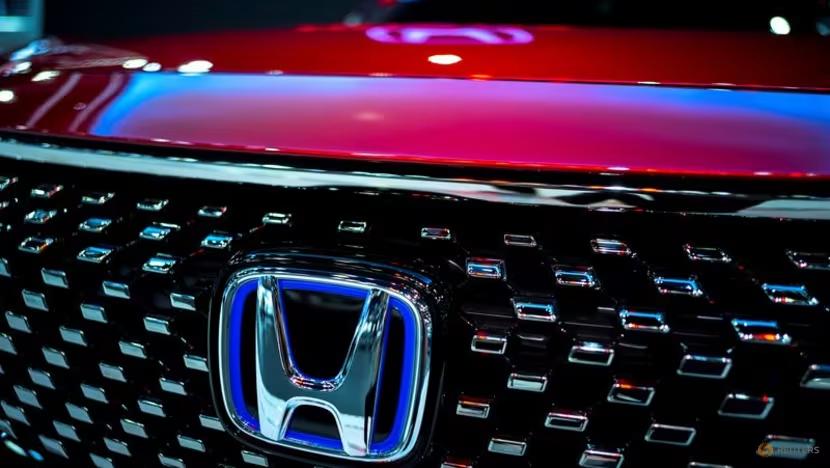
Japanese Auto Giants Discuss Possible Merger
Honda and Nissan are in discussions to deepen their ties, potentially leading to a merger, according to two sources. This move signifies a significant shift in Japan's once dominant auto industry, now facing pressure from Tesla and Chinese competitors.
Expert Perspectives on the Potential Deal
Sanshiro Fukao, Executive Fellow, ITOCHU Research Institute, Tokyo:
"This deal seems more about rescuing Nissan, but Honda isn't without its own challenges. Its cash flow is expected to worsen next year, and its electric vehicles haven't been performing well. Honda needs a drastic change, possibly spinning off its motorcycle business and strengthening its financial base from engine cars. A holding company with Nissan could facilitate these changes for Honda."
"If they think they can manage by simply joining forces, they won't survive long. The pace of Chinese automakers is vastly different. The era of carmakers merging, profiting from economies of scale, and then reinvesting in a five-year restructuring plan is over. They don't have that luxury of time."
Tang Jin, Senior Principal Researcher, Mizuho Bank, Tokyo:
"Honda's technology-centric culture, strong in powertrains, may face internal resistance to merging with Nissan, a struggling competitor with a different culture."
"Honda lacks abundant management resources. It faces a significant challenge in accelerating its shift to electrification through profits from hybrids and motorcycles. Nissan, on the other hand, has no choice."
"The car industry is rapidly changing... If the two companies can't make and execute decisions swiftly, they may struggle to keep up with these changes."
Seiji Sugiura, Senior Analyst, Tokai Tokyo Intelligence Laboratory, Tokyo:
"Honda's internal opinion is likely divided and not monolithically supportive of the merger. Their motorcycle business is thriving. While their four-wheelers have issues, they aren't in dire straits."
"In the mid- to long-term, this is beneficial for the Japanese car industry as it creates a second axis against Toyota. Constructive rivalry with Toyota is positive for the rather stagnant Japanese car industry when competing with Chinese automakers, Tesla, and others."









Comments